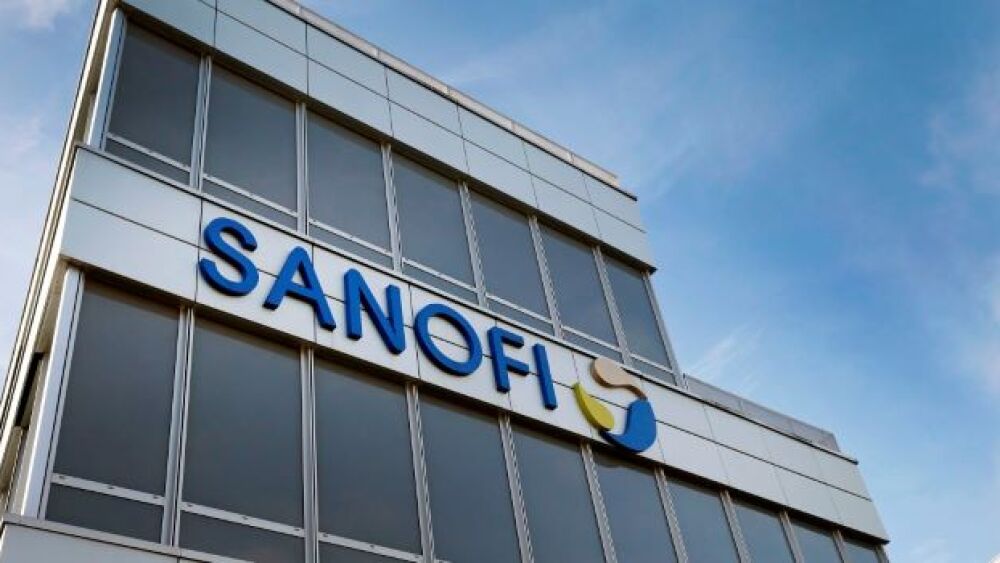BioMed X and Sanofi have inked an R&D collaboration to use digital data and artificial intelligence to predict the efficacy of first-in-class drug candidates using virtual patient populations.
Chesnot/Getty Images
BioMed X and Sanofi have inked an R&D collaboration to use digital data and artificial intelligence to predict the efficacy of first-in-class drug candidates using virtual patient populations, BioMed X announced Monday.
As it stands, there is a 90% failure rate of new drug candidates during clinical development, BioMed X noted in the press release.
According to a scientific report from 2019, most clinical-phase drug development projects fail due to a lack of efficacy in the intended disease indication. Employing virtual patients during the drug development process has the potential to help guide decisions around dosing and efficacy.
“The vision of virtual patient platforms is to transfer most of the current process which is based on trial and error into a computer,” said Dr. Christian Tidona, Ph.D., founder & managing director of BioMed X in an e-mail to BioSpace. “As a result, real-world clinical trials will be much smaller and response rates to new therapies will be much higher in the future.”
The joint research team will use data science with AI-based modeling and simulation to develop a versatile platform in order to accurately predict the clinical translation of drug candidates.
Tidona said the collaboration “will go beyond a straightforward approach of training an AI model with available patient data.” A key component of the project will be to “build a model which deeply understands the biology of the underlying disease.”
The research group will be established at the BioMed X Institute in Heidelberg, Germany, less than an hour from Sanofi’s research and development site in Frankfurt. As a proof-of-concept model, the team will initially focus on chronic immune-mediated diseases like atopic dermatitis and inflammatory bowel disease.
The hope is that using virtual patient populations will provide more insight into the quality of clinical candidates.
The BioMed RX platform aims to recruit the world’s best early-career talents and incubate their creative ideas in an environment that is at the interface between academia and industry. Since its launch in 2013, the organization has initiated 20 research groups working alongside Merck KGaA, Boehringer Ingelheim, AbbVie, Roche and Johnson & Johnson.
In this new partnership with Sanofi, 15 early-career scientists will be invited to a 5-day boot camp in Heidelberg where BioMed X will assist them in developing a project proposal. The winner of the boot camp will be relocated to Heidelberg to implement his or her project at our BioMed X Institute within a project term of up to five years, Tidona said.
Interested applicants should submit a project proposal via the BioMed X Career Space before Jan. 8, 2023.
BioMed X is expanding its model globally with a startup incubator called AION Labs in Israel focused entirely on AI for drug discovery and development. Next year, it will launch the BioMed X Institute in New Haven, next to the Yale University campus, Tidona said.
Sanofi is no stranger to using AI in drug development. The company already uses AI and machine learning to analyze anonymized data from 450 million patients in its DARWIN real-world data platform.
Key computational science capabilities including AI, machine learning and bioinformatics are also part of the plan at the company’s new Cambridge Crossing campus in Cambridge, MA.





